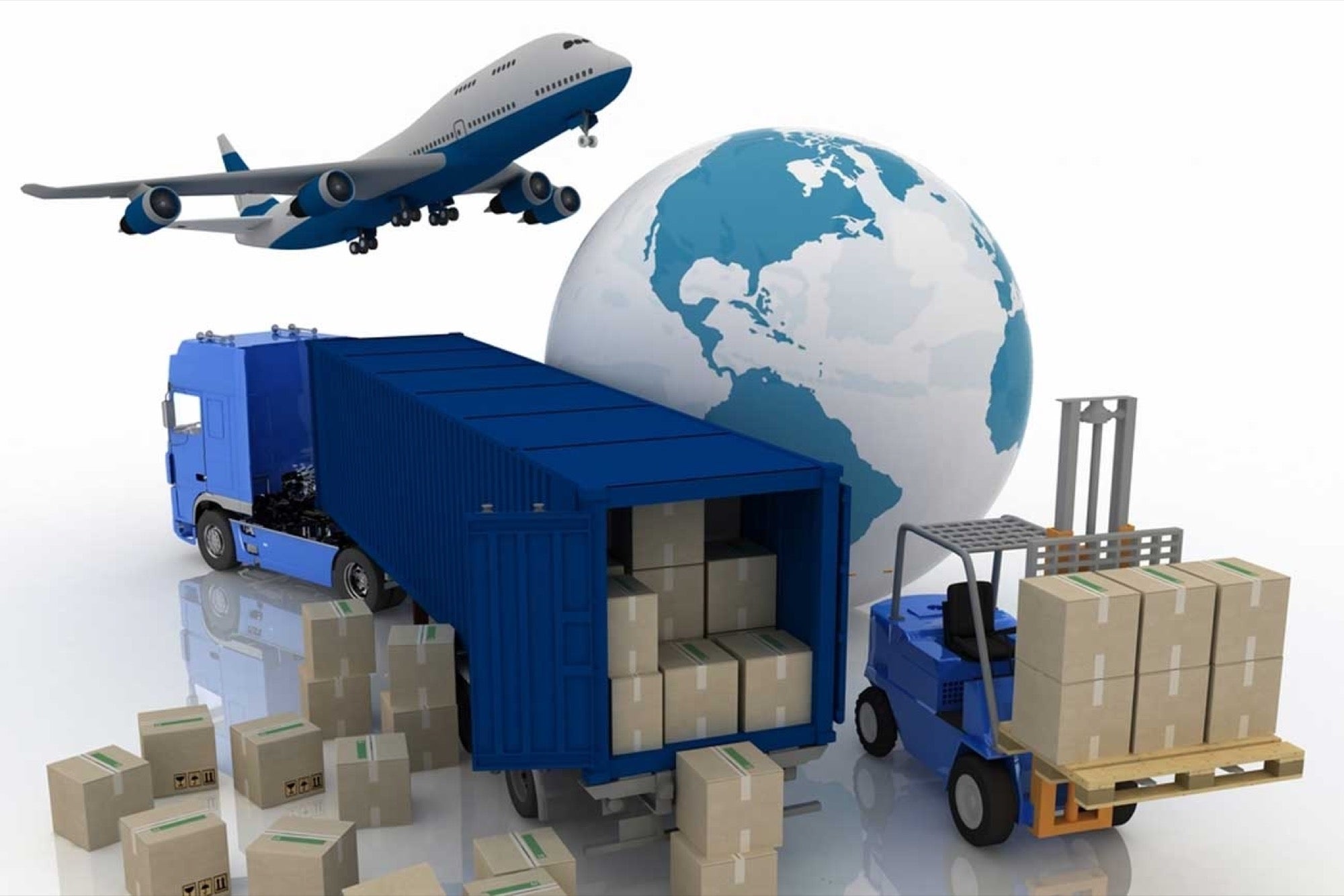#5 Key Areas Logistics Businesses Should Focus for Growth Companies should expand the categories of businesses it serve while focusing on building a larger product offering
Opinions expressed by Entrepreneur contributors are their own.
You're reading Entrepreneur India, an international franchise of Entrepreneur Media.

The Indian logistics sector is presently undergoing a major transformation with cutting-edge trends like GST implementation, growing attention from foreign investors across the logistics value chain, rising demand for end-to-end solution providers, and the surfacing of new opportunities, including e-commerce, logistics parks, cold chains and new start-ups. The government's drive to build multi-modal transportation infrastructure will also have major influence on the logistics industry.
Besides, ratings agency ICRA, in its note on July 3, has said the implementation of the GST will support organized players in the logistics sector. This, in turn, will consolidate the warehousing network, ensure higher degree of tax compliance and create a level playing field between express and traditional transport service providers with access to input tax credit.
Domestic Logistics Industry to Grow
With industry experts predicting that the domestic logistics industry is likely to grow at nine to 10 per cent over the next three-five years, on the back of high demand due to economic recovery, Entrepreneur India got in touch with Pratish Sanghvi, Director and Co-founder of Grab, Varun Biyani, Co-Founder and CTO of TruckHall; and Jaideep Raha, Managing Director of Jetex Oceanair, to understand the mechanism of growth and survival for Indian logistics companies.
The entrepreneurs agreed that the logistics is the key sector for the development of a country.
According to them, the intensity of economic activity of a nation and the size of logistics are directly proportional. "Increased e-commerce and government schemes like "Make in India' are expected to drive it even further and the players in the field should take smart steps to sustain and grow their businesses," they predicted.
Unified Technology
Sanghvi opined that a unified technological solution is the way ahead. "As we cater to a horizontal market and meet the demands of varying sectors, an essential part of our job lies in our technology platform that unifies diverse processes into one application for easier execution from our rider network" he informed.
Crowd-sourced Rider Pool
"Due to varied demand trends and catering to businesses who want on the go deliveries, it is important to invest in establishing a crowd-sourced pool of riders. This is unlike the traditional logistics businesses that rely on full-time salaried individuals. Crowd-sourced network can consist of college goers, working professionals who can log into the platform for a few hours post work; delivery experts, and other individuals who can subscribe to the network during peak hours," shared Biyani.
Sector Agnostic Demand
One of the key strategies of logistics companies lies in on-boarding clients from different industries. "We meet delivery demands of restaurants, e-commerce companies, grocers, telecom companies, and more. This mitigates our risk when delivery from a specific sector is on the decline due to seasonal trends," Sanghvi disclosed.
Wide Product Offering
Raha stressed that logistics companies should expand the categories of businesses it serves while focusing on building a larger product offering. "It is critical to blend demands across the offerings of the company because creating a supply network of riders, catering only to on-demand deliveries, is non-viable, even if that is across differed business categories," he elaborated.
Process Automation
Raha maintained that over the years, as logistics companies scale, the cost in managing the operations often eats into the margins.
"It is imperative that ongoing investment is made in automating process that allows one to expand without increasing other oversight expenses. It is important to create algorithms that automatically assign orders to riders, aid them in navigating from pickup point to drop point, give on field auto training videos and so on," he advised.










